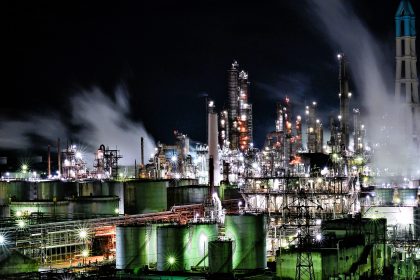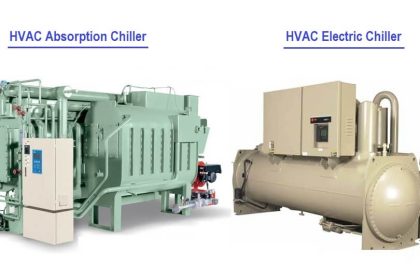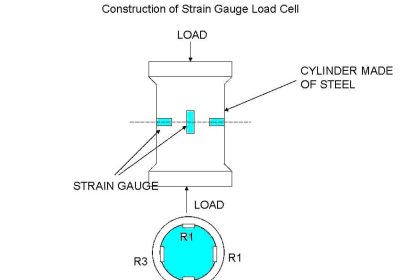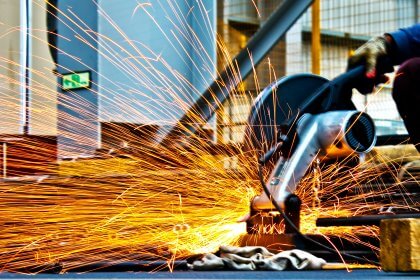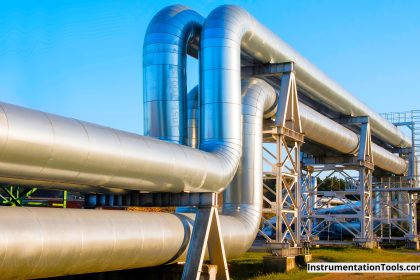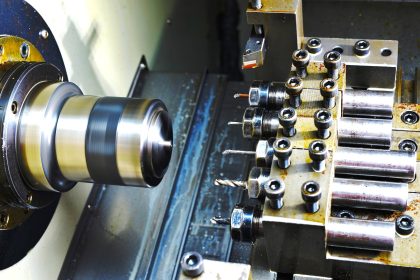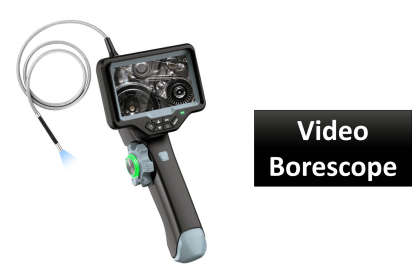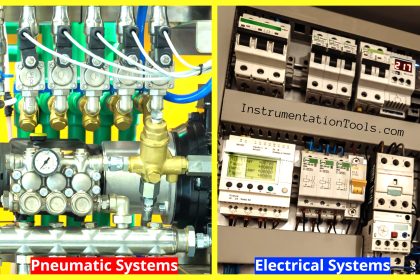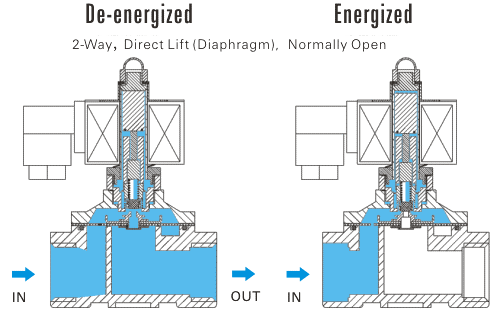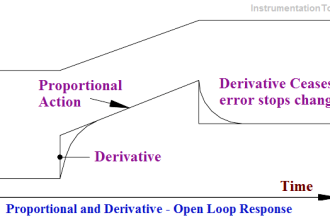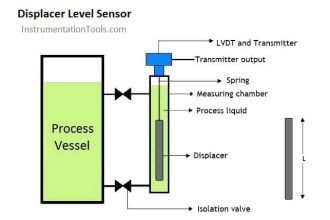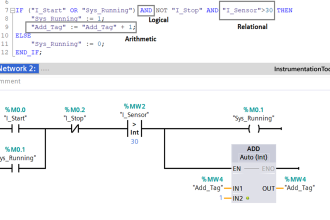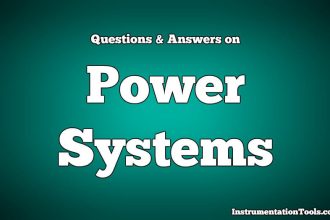In this post, we will learn the difference between an absorption chiller and an electric chiller used in HVAC systems.
HVAC is a very vast field and it comprises of many devices. One of the main components of HVAC is a chiller. A chiller is a refrigerant component that is used to cool the temperature of the water, air, or evaporation.
They are used in many commercial and industrial applications. Chillers are classified into various types.
One of them is classified based on a general working principle.
They are
- Vapor Absorption Chiller
- Vapor Compression Chiller (also called Electric Chiller)
In this post, we will see the difference between an absorption chiller and an electric chiller.
What is a Vapour Compression Chiller?
In this system, a compressor is used to compress the refrigerant gas. The gas is then pushed by the compressor and rotated in the whole circuit. This means that the vapor is compressed and then rotated in the whole system by the compressor. So, in this chiller, the compressor is an integral part.
Centrifugal water chillers use dynamic compression to convert kinetic energy to static energy. To increase the pressure and temperature of the refrigerant, the impeller blades draw the refrigerant in.
Once it has passed through the impeller, the refrigerant is at a higher pressure and in a condition that allows its heat to be rejected from the chiller.
What is a Vapour Absorption Chiller?
Unlike the previous one, this method does not use a compressor; but instead, it uses a heat source to move the refrigerant around the circuit. The heat source can be hot water or steam. The main components instead of the compressor are the absorber, pump, and generator.
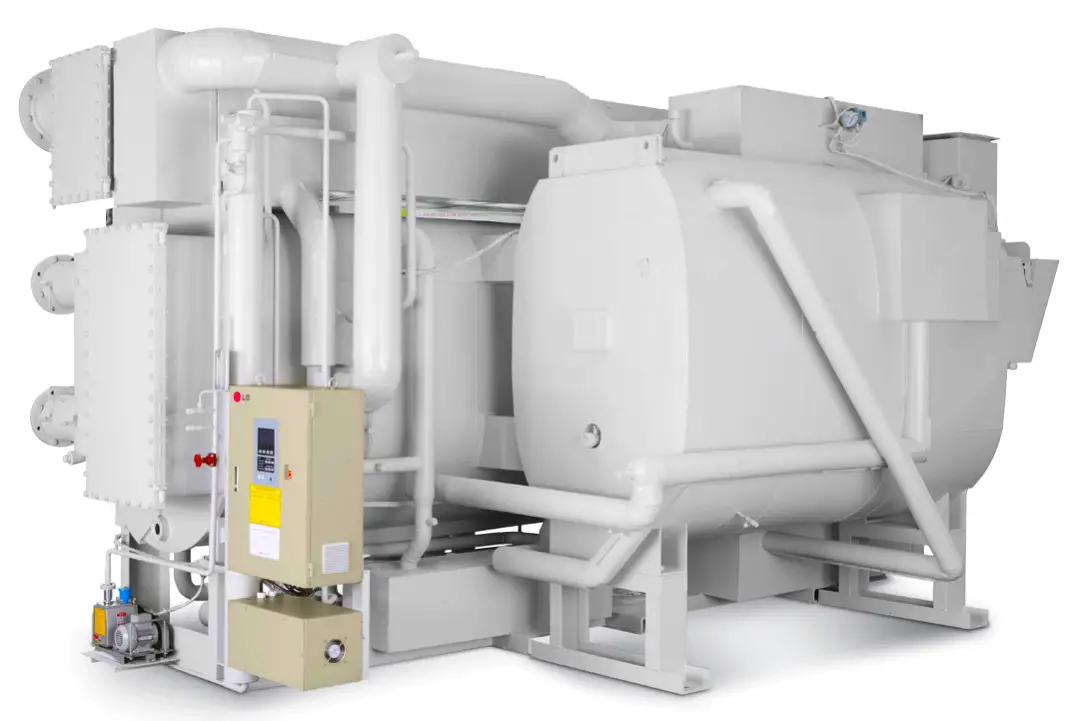
In an absorption chiller, the generator uses a high-temperature energy source, usually steam or hot water, which flows through the tubes and boils off the refrigerant into vapor.
The vapor moves to the condenser and the concentrated solution returns to the absorber. In the absorber, the refrigerant vapor is absorbed by the solution and condenses into a vapor, releasing the heat it acquired in the evaporator.
Difference between HVAC Absorption Chillers and Electric Chillers
The following are the key difference between the electric chiller and absorption chiller are mentioned below.
- The first and the most general comparison is its technology in working. Electric (vapor compression) chillers use compression to push the refrigerant; whereas absorption chillers use the heat source to push the refrigerant.
- Apart from the refrigerant, one more extra fluid in absorption chillers is the absorbent liquid. It is used in the absorber.
- A single device of the compressor is used in an electric chiller; whereas four devices of absorber, heat exchanger, pump and generator are used in an absorption chiller. So, in terms of space consumption and area, an electric chiller occupies very less space as compared to an absorption chiller.
- Energy consumption is less in an absorption chiller than in an electric chiller.
- Pollution level is more in absorption chiller than in electric chiller, due to heating, combustion, fossil fuels, and natural elements present.
- The maintenance and initial setup cost of an absorption chiller are higher than an electric chiller.
- The performance of an electric chiller is higher than that of an absorption chiller.
- Noise and vibration levels are higher in an electric chiller than in an absorption chiller.
- There is a problem with crystallization in absorber liquid (lithium bromide mostly), if it becomes too cool. The electric chiller is free from such issues.
- Heat dissipation requirements are larger in absorption chillers than in electric chillers.
- An absorption chiller is best to use in conditions when you have plenty of waste heat or other abundant heat sources. This saves electricity to a great extent.
In this way, we understand the difference between an absorption chiller and an electric chiller.
